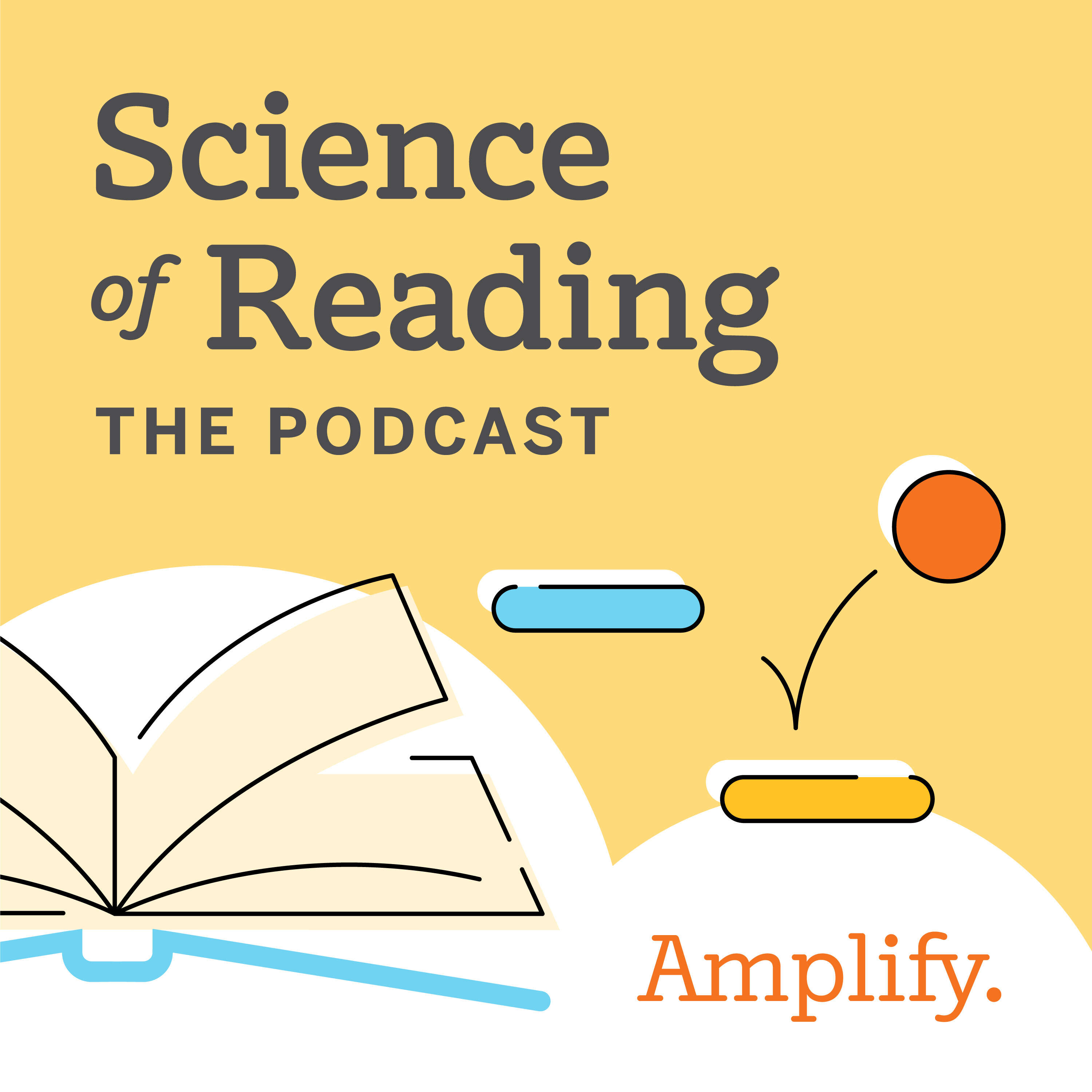- After-Shows
- Alternative
- Animals
- Animation
- Arts
- Astronomy
- Automotive
- Aviation
- Baseball
- Basketball
- Beauty
- Books
- Buddhism
- Business
- Careers
- Chemistry
- Christianity
- Climate
- Comedy
- Commentary
- Courses
- Crafts
- Cricket
- Cryptocurrency
- Culture
- Daily
- Design
- Documentary
- Drama
- Earth
- Education
- Entertainment
- Entrepreneurship
- Family
- Fantasy
- Fashion
- Fiction
- Film
- Fitness
- Food
- Football
- Games
- Garden
- Golf
- Government
- Health
- Hinduism
- History
- Hobbies
- Hockey
- Home
- How-To
- Improv
- Interviews
- Investing
- Islam
- Journals
- Judaism
- Kids
- Language
- Learning
- Leisure
- Life
- Management
- Manga
- Marketing
- Mathematics
- Medicine
- Mental
- Music
- Natural
- Nature
- News
- Non-Profit
- Nutrition
- Parenting
- Performing
- Personal
- Pets
- Philosophy
- Physics
- Places
- Politics
- Relationships
- Religion
- Reviews
- Role-Playing
- Rugby
- Running
- Science
- Self-Improvement
- Sexuality
- Soccer
- Social
- Society
- Spirituality
- Sports
- Stand-Up
- Stories
- Swimming
- TV
- Tabletop
- Technology
- Tennis
- Travel
- True Crime
- Episode-Games
- Visual
- Volleyball
- Weather
- Wilderness
- Wrestling
- Other
S7 E9: Dyslexia: Where we started; where we're going with Dr. Sally Shaywitz
Here to continue our discussion on dyslexia from earlier episodes in the season is an all-time leading expert on the topic: Dr. Sally Shaywitz, Co-founder and Co-director of the Yale Center for Dyslexia and Creativity. This literacy legend shares how she came to study dyslexia, the story of her seminal Connecticut Longitudinal Study, and all she's learned from her years of dyslexia research. Shaywitz will cover some of the biggest myths about dyslexia and also explain the "sea of strengths" possessed by people with dyslexia.<br/><br/>Show notes:Book: Overcoming DyslexiaCoursera: Overcoming Dyslexia https://www.coursera.org/learn/dyslexiaNew York Times story: The Couple Who Helped Decode DyslexiaYale Center for Dyslexia: websiteQuotes:<br/><br/>"It's so important to screen, to learn early that you may be at risk and then to follow up with more testing that may confirm you're dyslexic. When you have something, but it doesn't have a name, it leads to anxiety." —Dr. Sally Shaywitz<br/><br/>"There are so many people who are slow readers who are brilliant thinkers. That's our 'sea of strengths' model." —Dr. Sally Shaywitz<br/><br/>"We are so genetically driven to speak ... but we're not genetically driven to read." —Dr. Sally Shaywitz

